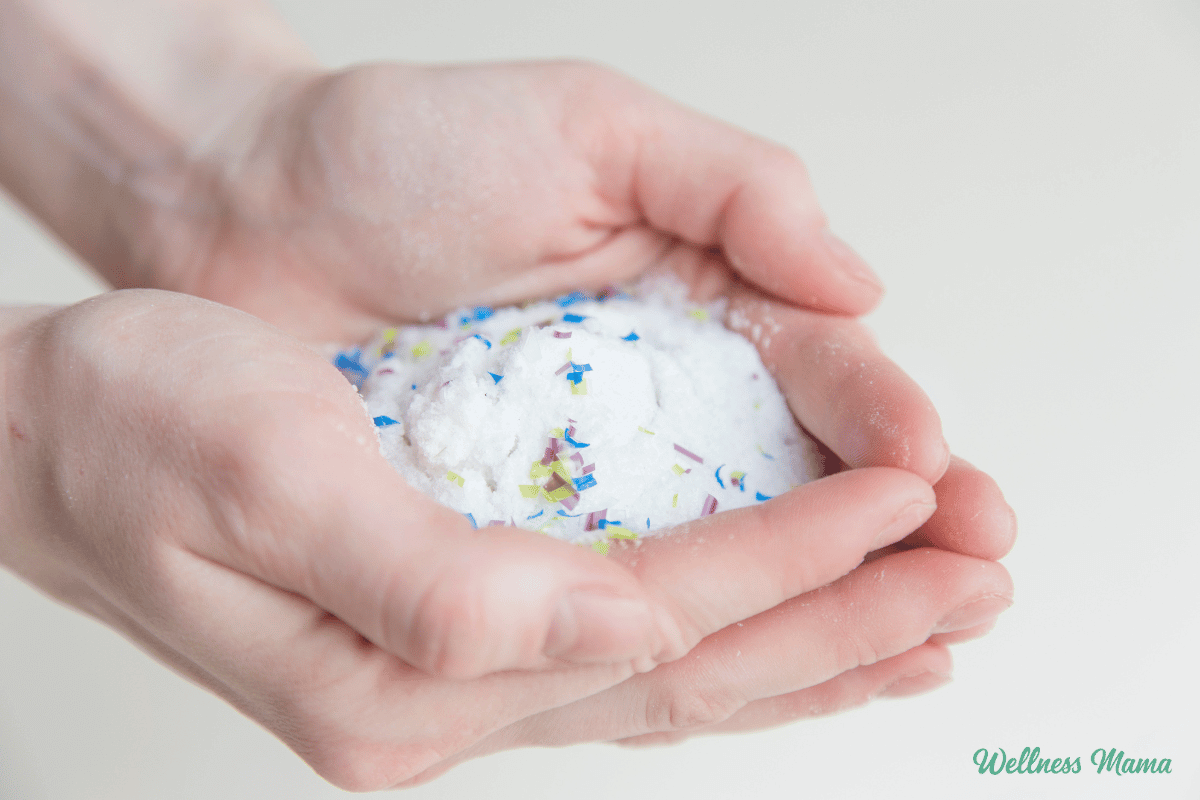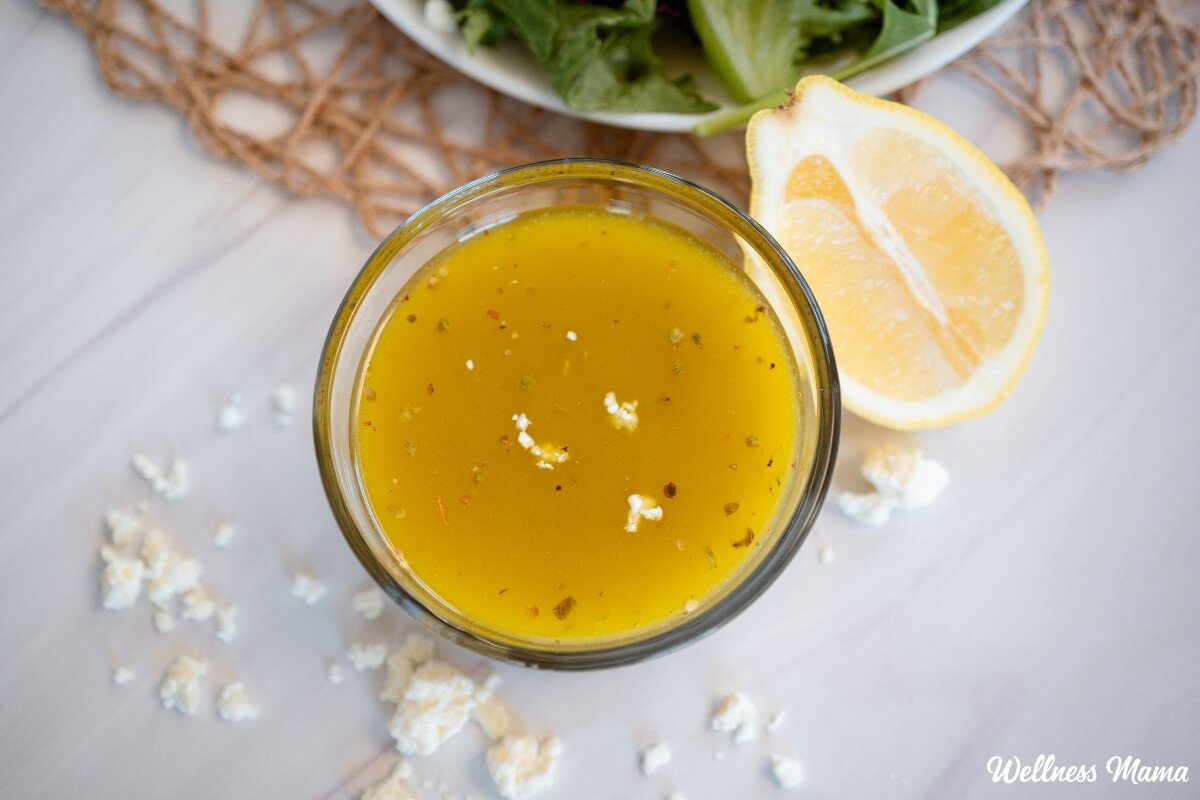Healthy testosterone levels might not be a primary concern for women. Generally, we focus more on estrogen dominance during our youth and on avoiding menopausal symptoms as we age. However, testosterone is equally significant! It plays a role in our sex drive, energy levels, and muscle-building capability. If you’re experiencing symptoms of low testosterone, incorporating foods that enhance testosterone can help rejuvenate your health.
Understanding Testosterone
Testosterone is classified as an “androgen,” or male sex hormone, which encourages the development of male characteristics as boys mature into men. It aids in muscle growth, voice deepening, and body hair development and is crucial for sperm production. In men, testosterone is predominantly produced in the testicles.
Though testosterone is often associated with men, women also produce it, albeit in smaller quantities. In women, it is produced in the ovaries and adrenal glands.
In both genders, testosterone assists in building strong bones and muscles, influences fat distribution, and supports muscle endurance. Additionally, it maintains energy levels and aids in nerve and muscle recovery. It might even impact mood and cognitive abilities. Those experiencing a deficiency in testosterone might notice fatigue, depression, and decreased cognitive abilities.
Why Women Should Care About Their Testosterone Levels
As highlighted, maintaining healthy testosterone levels is indicative of our body’s capacity to heal. It determines how quickly we repair tissues such as bones, tendons, ligaments, skin, and nails. This affects our susceptibility to osteoporosis, impacts joint recovery, and even influences our appearance. Moreover, a balanced mood depends heavily on adequate testosterone levels.
Naturally, there are periods in our lives when production decreases, especially as menopause approaches. This is more pronounced in women who have undergone ovary removal.
Furthermore, adrenal health also affects testosterone levels. Worn-out adrenal glands may hamper testosterone production. As previously mentioned, women produce testosterone in their ovaries and adrenal glands. When adrenals are healthy and resilient, they can better support testosterone production.
In states of optimal health and wellness, stress hormones like cortisol stay at normal levels, facilitating healthy testosterone levels and robust repair capabilities. When stressed, these repair hormones may be depleted as the body enters survival mode, using up resources to endure the present challenges. Thus, monitoring testosterone production can reflect your overall resilience.
Emphasis on quality sleep, regular and gentle exercise, and nurturing relationships can significantly improve hormonal balance. All our hormones are consumed and broken down, and the rate and manner of their breakdown can influence hormone harmony.
Symptoms Indicating Low Testosterone in Women
Symptoms of low testosterone in women may encompass the following:
-
Reduced sex drive: A diminished interest in sexual activities is a common indicator of low testosterone in women.
-
Fatigue: Women with decreased testosterone often experience lower energy levels, feeling exhausted even with sufficient rest.
-
Mood fluctuations: Low testosterone levels can result in increased irritability or even depression.
-
Loss of muscle mass and strength: Testosterone is crucial for muscle development and maintenance; therefore, low levels can lead to a decrease in muscle mass and strength.
-
Weight gain: Hormone imbalances may result in increased body fat and make weight loss more challenging.
-
Lower bone density: Adequate testosterone helps sustain bone density, and lower levels increase osteoporosis risk.
-
Cognitive challenges: Women may encounter issues with memory and concentration due to low testosterone.
- Hair thinning or loss: Although less common, some women might experience hair thinning or loss linked to reduced testosterone levels.
If these symptoms sound familiar, consider testing testosterone levels. Women with testosterone levels below 15 nanograms per deciliter in blood tests are considered to have low testosterone.
Nutrients Vital for Boosting Testosterone
Zinc
Zinc is crucial in numerous body processes, and deficiencies are common. Ongoing zinc deficiency can lead to hypogonadism due to its role in hormonal health. If the reproductive organs—testes in men or ovaries in women—become zinc-deficient, it may result in lower testosterone levels.
Magnesium
Magnesium may influence testosterone production, potentially by lowering oxidative stress, though the exact mechanism is not fully understood. Research shows magnesium can boost testosterone levels, especially when combined with consistent exercise.
Vitamin D
Vitamin D receptors are found in the ovaries and adrenal glands—sites of testosterone production in women. When vitamin D binds to these receptors, it might stimulate these glands to increase testosterone production.
Additionally, maintaining adequate vitamin D levels can enhance sleep quality, and since poor sleep can lower testosterone, ensuring enough vitamin D supports healthy testosterone levels.
Omega-3 Fatty Acids
Omega-3 fatty acids found in fish oil and certain plant sources can influence hormone-related inflammation. In men, supplementing omega-3s has been shown to raise testosterone levels after 12 weeks; however, this is not the case for women.
Antioxidants
Antioxidants support testosterone levels by mitigating oxidative stress, which protects cells from damaging free radicals. Oxidative stress harms the cells involved in hormone production, like those in the ovaries and adrenal glands. Antioxidants shield these organs from oxidative damage, aiding their capacity to produce testosterone.
While supplements can provide these nutrients, obtaining them from whole foods is preferable.
Foods That Naturally Boost Testosterone
A 2018 study in Taiwan identified a diet predictive of low testosterone: a high intake of bread, pastries, dairy, desserts, and restaurant meals, with a low intake of home-cooked meals, noodles, and dark green vegetables.
Preparing whole meals at home can positively impact your health. Here are excellent food choices to boost testosterone levels and enhance overall health:
Grass-Fed Red Meat
Beef from grass-fed cattle is a rich zinc source, essential for testosterone production. Zinc functions as a cofactor for enzymes involved in testosterone synthesis and helps prevent its conversion into estrogen.
Fatty Fish
Salmon and mackerel provide omega-3 fatty acids that aid in reducing inflammation, which may otherwise suppress the endocrine system, affecting testosterone production. Omega-3s also potentially improve insulin sensitivity, which helps in maintaining ideal testosterone levels.
Oysters
Oysters and similar shellfish are among the richest food sources of zinc. Even a weekly serving can significantly affect zinc levels, leading to measurable changes in testosterone.
Whole Eggs
Egg yolks contain cholesterol, vital for creating steroid hormones like testosterone. They are one of the few vitamin D-rich foods, which behaves similarly to a hormone and has been linked to higher testosterone levels.
Olive oil, a beneficial fat, might enhance testosterone due to its unique composition of fats and antioxidants. Research suggests that olive oil might elevate luteinizing hormone (LH) levels, which in turn stimulates testosterone production.
Pumpkin Seeds
Pumpkin seeds are abundant in zinc, necessary for producing testosterone. They also contain phytosterols, plant-derived compounds akin to cholesterol, which support testosterone levels by participating in steroid hormone production. Additionally, they are a healthy snack choice.
Brazil Nuts
Selenium is crucial for testosterone production and response, yet deficiencies are common due to soil depletion. Brazil nuts offer an outstanding selenium source; just a couple per day can fulfill your selenium needs.
Leafy Greens
Leafy fruits and vegetables are celebrated for their myriad health benefits. Rich in micronutrients and other compounds that promote wellness, they might also aid in maintaining stable testosterone levels. Kale and spinach specifically are excellent magnesium sources, which plays a role in testosterone production.
Broccoli
Cruciferous vegetables like broccoli contain compounds that modulate estrogen production. These compounds, known as indoles, convert to diindolylmethane (DIM) during digestion, which might transform estrogen into less potent forms, balancing testosterone activity.
Pomegranate
Pomegranate seeds and juice are rich in antioxidants like polyphenols, which have been shown to increase testosterone in both men and women. This nutrient-dense option also makes for a delightful non-alcoholic drink.
Ginger
Including ginger root in your diet is a zesty move towards boosting testosterone. Some studies indicate that this piquant root can enhance testosterone production. Research in 2021 revealed an 18% increase in testosterone in men with fertility issues following ginger supplementation over three months.
Onions
Onions are rich in flavonoids, compounds believed to enhance testosterone production. One such flavonoid, quercetin, has been examined for its testosterone-boosting potential. The nutrients in onions may also manage factors like obesity and insulin resistance, both of which contribute to low testosterone levels.
Although some foods can naturally elevate testosterone, others might diminish its production.
Foods that Hinder Testosterone Production
Certain foods can interfere with your body’s testosterone production and utilization.
Sugar
Excessive sugar consumption, particularly fructose, disrupts hormone balance. Long-term high fructose intake may lead to insulin resistance and obesity, affecting the hormonal pathways involved in testosterone production, resulting in potential deficiencies. For women, excessive testosterone can contribute to conditions like PCOS.
Alcohol
Alcohol is another dietary component detrimental to testosterone levels. It triggers the conversion of fats into harmful estrogens, which can inhibit testosterone. Furthermore, alcohol consumption promotes inflammation in the body.
Wheat
Wheat can alter testosterone-estrogen ratios and contains phytoestrogens that mimic estrogen. However, wheat has a relatively low phytoestrogen concentration compared to sources like soy. Yet, a diet high in such compounds may yield a more pronounced effect on testosterone levels.
Conclusion on Foods that Enhance Testosterone
To elevate testosterone levels, start by reducing the consumption of wheat, sugar, and alcohol. Consider adding oysters to your diet if you can tolerate them, and you may find them becoming a delicacy. Otherwise, emphasize grass-fed red meat and eggs, complemented by pumpkin seeds and broccoli. Lifestyle changes, such as incorporating weight training, can also be beneficial. Prioritizing a healthy diet, regular exercise, and sufficient sleep will support maintaining a balanced hormonal state.
Have you faced low testosterone levels? Share your experiences and strategies for improvement below!

















Leave a Reply